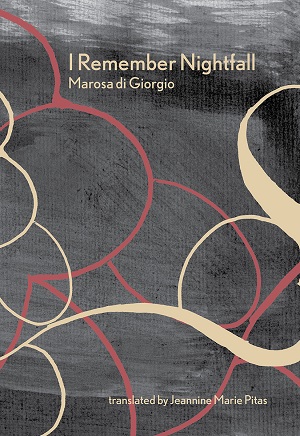
In several reviews on this website, I have expressed my view on the value of literature; namely, it is a necessary vehicle used to share human perspective and an intensely potent tool for empathy. If this is true, then there may be no purer manifestation of that value than that of literature in translation. It represents the crossing of borders and boundaries beyond the physical. It is often a deeply collaborative effort, as even authors who translate their own work must adopt hybridized linguistic and cultural perspectives. It, by its very existence, forces the reader to confront the existence of those they might otherwise be encouraged to label “alien”, “foreign”, or even just “different”. So maybe I am not in what one might consider a sufficiently objective mindset to examine Don Mee Choi’s essay “Translation is a Mode = Translation is an Anti-neocolonial Mode”, but I do not care, because it is a fascinating and provocative distillation of the power of translation, and a vital framing device for how we must proceed.
I seek mirrors through which I can also traverse, in order to map out the neocolonial history of my home, to translate myself.
The heart of this essay is giving translation its proper context. Beauty can often be found in the wake of tragedy, and while said beauty never justifies said tragedy, you can never understand one without the other. Most translation is no different. Much of it is born of and necessitated by the inconceivably cruel legacy of colonialism. But when we look at that legacy, especially those of us who are the descendants of colonization, we have a nasty tendency to treat it as a barbaric ancestral practice that we have left behind. The truth is that colonialism, like so many other forms of oppression, has merely adapted to new circumstances. Neocolonialism, which is the invasion and enslavement of cultures by or on behalf of capitalist corporations in the name of profiteering, is its latest incarnation and the one Choi specifically confronts in the essay.
I am not content to just go from Korean to English. I am not content to uphold the notion of national literature – the notion that literature outside of the Western canon is always bound to national borders.
She takes the time to explore the intense relationship between translation and identity, of how work in translation can resonate with someone who is of two or more worlds, with someone who can still feel the amputated connections to multiple cultural pasts. She shows how translation can take the very impetus behind neocolonialism and repurpose it as a tool of resistance; where neocolonialism ignores boundaries and consent in its insatiable need to destroy, work in translation travels back along its rubble-strewn wake to undermine it at the source. She helps us experience the tragic beauty of translation in our modern context, namely the regretful necessity of its existence as an imperfect tool of preservation and communication. For Choi, translation is not merely a political act, but a defiant one, resisting not only human greed but the advance of time itself, and questioning the assumed inexorability of both.
But my tongue deforms, it disobeys. I translate this longing, entangled with neocolonial dependency, as homesickness, which is a form of illness, a form of intensity.
On a slightly more personal level, I can say that Choi’s manner of essay writing is one that makes me deeply regret the argumentative techniques being taught in most schools. I would not be against showing this essay to any number of professors and department chairs as an example of how it is more than possible to make a persuasive written argument that is profoundly informative, deeply emotional, and a joy to read. Especially in the latter half of the essay I found myself pausing after several sentences and bemoaning the notion that so many students are taught to approach non-fiction and academic writing divorced from their own personal perspectives, as if such a thing was even possible. Choi’s writing is clear and powerful, poignant and elegant. She takes hold of an utterly daunting beast, that being the infinitely stacking layers of identity and legacy at the heart of her essay, and renders it intelligible without sacrificing scale or impact.
My tongue and your tongue are already an aggregate, a site of multiple and collective enunciation.
It is no coincidence that violence and militarism are so intimately tied with Choi’s subject matter. Neocolonialism is tautologically violent, and as it faces growing resistance around the world, it shows that violence through continued attempts at cultural erasure, police and military brutality, and economic exploitation. It can only ever respond to challenges with cruelty and dehumanization. And what is literature in translation other than an attempt to acknowledge someone else’s humanity? I do not think Choi is arguing that translation is some silver bullet (even our metaphors are violent) that will save us from greed and hubris and hate. But she makes the best case I have ever seen for the necessity of translation in fighting that terrible hydra. Her essay reminds me that translation doesn’t merely grow in the wake of tragedy. It is a manifestation of the existential human need for connection and acknowledgment.
“Translation is a Mode=Translation is an Anti-neocolonial Mode” is part of Ugly Duckling Presse‘s 2020 Pamphlet Series.


 Poetry collection by Marosa di Giorgio
Poetry collection by Marosa di Giorgio